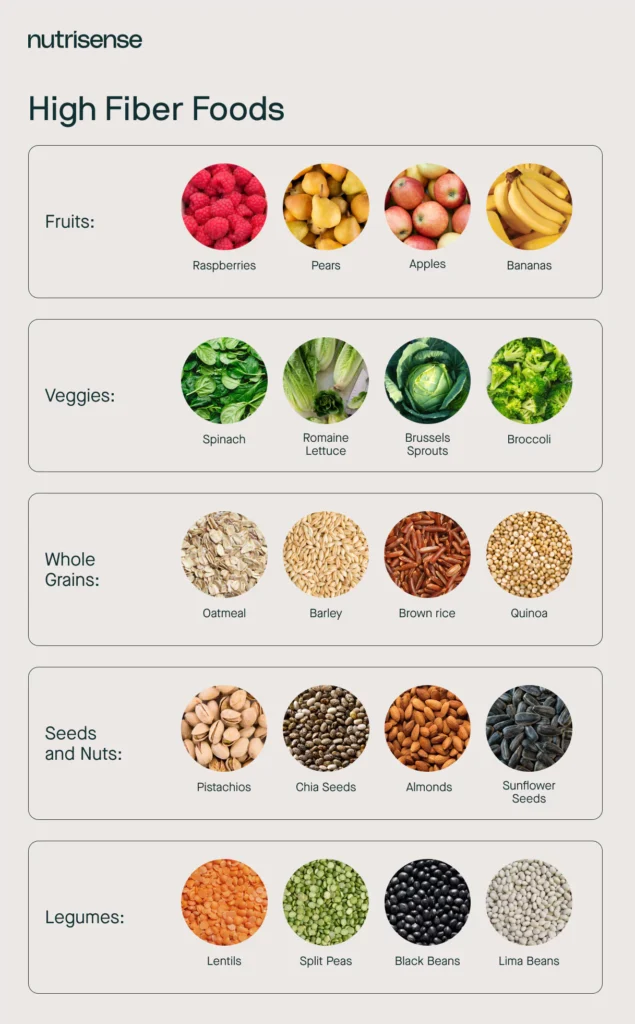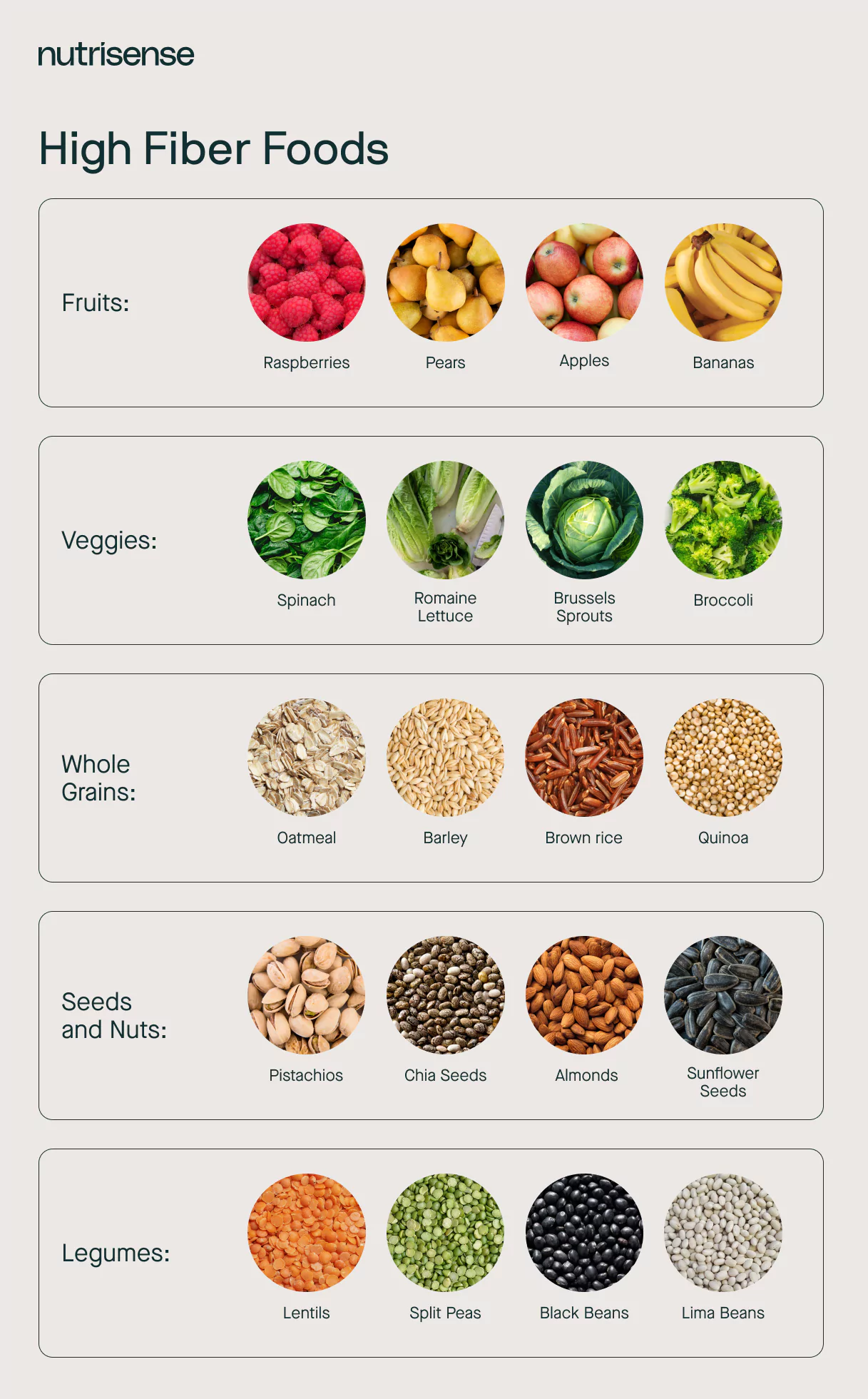Weight loss is one of the most discussed topics around the world today. Whether it’s for better health, improved fitness, or boosting self-confidence, people often look for effective ways to shed excess weight. However, losing weight is not just about dieting or skipping meals—it is a complete lifestyle change that requires balance, consistency, and patience. In this blog, we will explore the science of weight loss, practical tips, and sustainable habits that can help you reach your goals in a healthy lifestyle.

Table of Contents
Understanding Weight Loss
Before diving into methods, it’s important to understand what weight loss really means. At its core, weight loss happens when you burn more calories than you consume. This is called a calorie deficit. Your body uses stored fat for energy when calories are restricted, leading to gradual fat loss.
However, weight loss is influenced by many factors such as:
- Metabolism: The speed at which your body burns calories.
- Diet: The quality and quantity of food you eat.
- Physical Activity: Exercise and daily movement levels.
- Hormones & Sleep: Stress and poor sleep can slow progress.
- Lifestyle & Habits: Your daily choices and routines.
Understanding these basics ensures you focus on a healthy, realistic approach rather than quick fixes.
Why Weight Loss Matters
Excess weight, especially belly fat, is linked to several health risks including:
- Heart disease
- Type 2 diabetes
- High blood pressure
- Joint pain
- Sleep apnea
- Reduced energy levels
Losing even 5–10% of your body weight can significantly improve overall health, lower risks, and boost mental well-being.
Practical Steps to Achieve Healthy Weight Loss
1. Set Realistic Goals
Start with small, achievable goals rather than aiming to lose 20 kilograms in a month. A safe and sustainable target is 0.5–1 kg per week. Setting realistic expectations prevents disappointment and helps you stay motivated.
2. Focus on Nutrition
Your diet plays the most important role in weight loss. Instead of extreme restrictions, aim for balanced eating.
- Eat More Whole Foods: Include fruits, vegetables, whole grains, lean proteins, and healthy fats.
- Control Portion Sizes: Even healthy food in excess can lead to weight gain.
- Reduce Processed Foods: Limit fast food, sugary drinks, fried snacks, and packaged items.
- Stay Hydrated: Drinking enough water supports digestion and reduces overeating.
- Practice Mindful Eating: Eat slowly, avoid distractions, and listen to your body’s hunger signals.
Tip: Try the 80/20 rule—eat healthy 80% of the time and allow yourself flexibility 20% of the time.
3. Regular Exercise
Exercise is not only about burning calories but also improving metabolism, strengthening muscles, and boosting mental health.
- Cardio Workouts: Running, cycling, swimming, or brisk walking burn calories effectively.
- Strength Training: Lifting weights or bodyweight exercises build muscle, which helps burn more calories at rest.
- Flexibility & Balance: Yoga and stretching reduce stress and improve posture.
- Consistency Over Intensity: Even 30 minutes of daily exercise is enough if done regularly.
4. Sleep and Stress Management
Many people ignore the role of sleep and stress in weight loss. Lack of sleep can increase hunger hormones (ghrelin) and reduce satiety hormones (leptin), leading to overeating. Stress triggers emotional eating, often leading to unhealthy choices.
- Aim for 7–8 hours of quality sleep.
- Practice relaxation techniques like meditation, deep breathing, or journaling.
- Manage your workload and take regular breaks.
5. Avoid Fad Diets and Quick Fixes
Crash diets, slimming teas, and weight loss pills may promise quick results, but they are rarely sustainable. Once you stop, the weight often returns. Instead, focus on long-term lifestyle changes that you can maintain forever.
6. Track Your Progress
Monitoring your journey keeps you accountable.
- Keep a food diary or use apps to track calories.
- Record your workouts and progress.
- Take photos or measurements to notice changes beyond just the scale.
Remember: Progress is not always linear—some weeks you may not lose weight, but consistency pays off in the long run.
7. Build Healthy Habits
Sustainable weight loss is all about habits. Small changes add up over time.
- Use stairs instead of elevators.
- Walk after meals.
- Replace sugary drinks with water or green tea.
- Cook at home instead of ordering food often.
- Eat more protein to stay fuller for longer.
Common Mistakes to Avoid
- Skipping Meals: This often leads to overeating later.
- Relying Only on Exercise: Diet contributes more to weight loss than exercise alone.
- Cutting Out Entire Food Groups: Balanced nutrition is key.
- Expecting Quick Results: Healthy weight loss is gradual.
- Comparing with Others: Everyone’s body is different—focus on your own journey.
Motivation and Mindset
Weight loss is not only physical but also mental. Having the right mindset helps you stay consistent.
- Stay patient—it takes time.
- Celebrate small victories.
- Surround yourself with supportive people.
- Focus on overall health, not just numbers on the scale.
Sample Daily Routine for Weight Loss
- Morning: Warm water with lemon, light stretching, healthy breakfast (oats, eggs, fruits).
- Mid-morning Snack: A handful of nuts or yogurt.
- Lunch: Brown rice/chapati with vegetables and lean protein.
- Evening: 30–40 minutes of exercise.
- Snack: Green tea with roasted chickpeas.
- Dinner: Light and early (soup, salad, or grilled fish/chicken with veggies).
- Night: Relaxation, no screens 1 hour before bed, 7–8 hours of sleep.
Final Thoughts
Weight loss is not about punishment, extreme diets, or endless hours at the gym. It’s about building a lifestyle that supports your health, happiness, and long-term well-being. By focusing on balanced nutrition, regular activity, quality sleep, and consistent habits, you can achieve your weight loss goals in a sustainable way.
Remember, the goal is not just to lose weight but to gain health, energy, and confidence. Be kind to yourself, stay patient, and enjoy the journey.
✨ In short: Eat mindfully, move regularly, sleep well, manage stress, and stay consistent—this is the real secret to weight loss.






